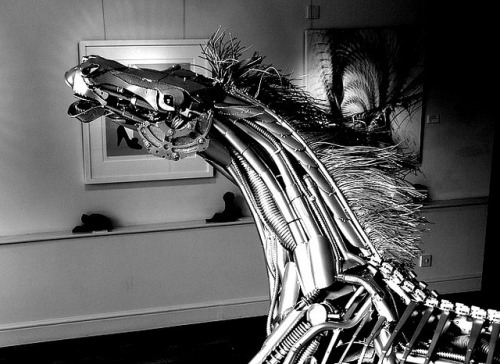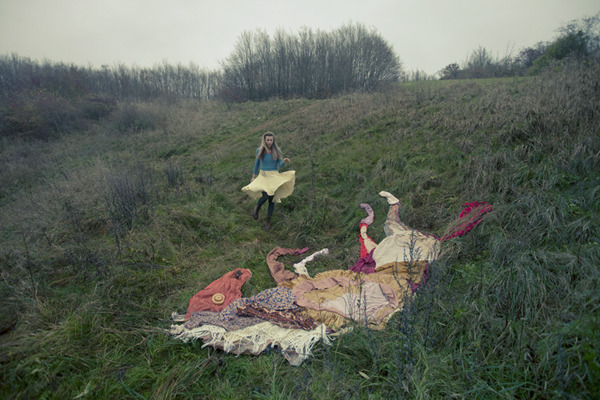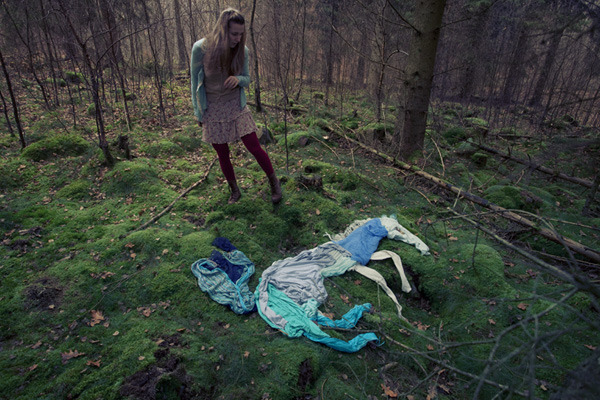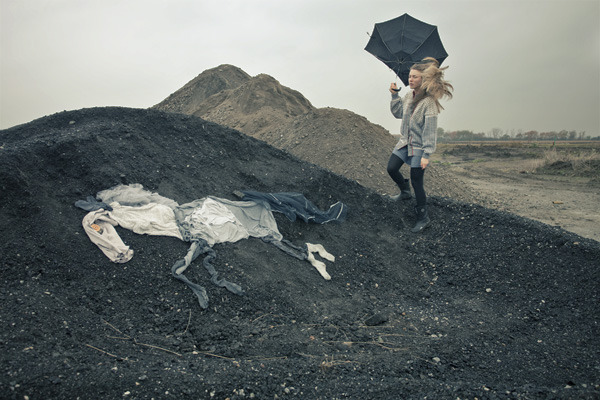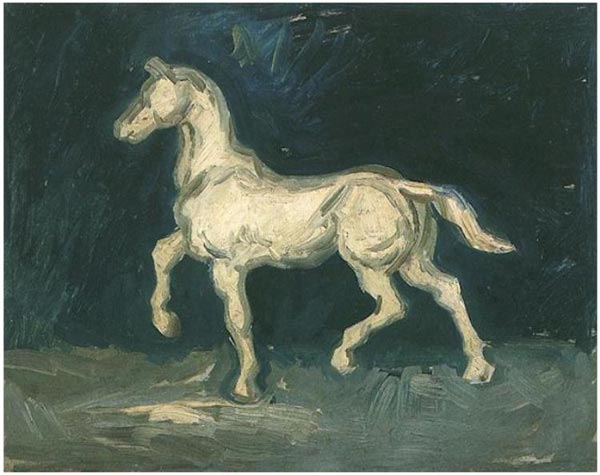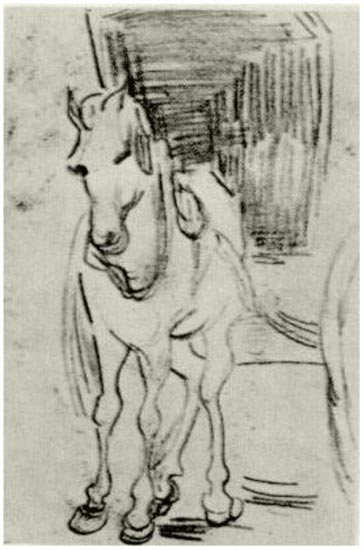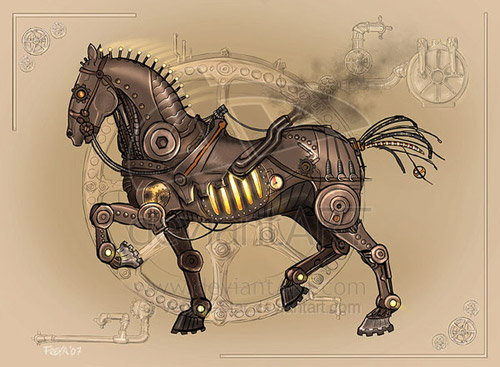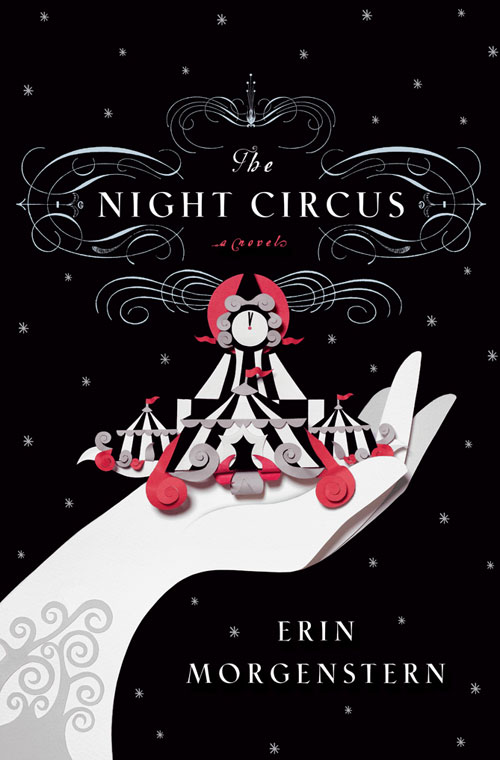You remember the scene, right?
No?
That's the amazing thing. It seems very few people do. I've talked to people who grew up their whole lives watching that movie and talked to them specifically about that moment, and, without fail, they look at me a little baffled or a little pityingly, and say something like, "you must be thinking of another movie. Carrie, perhaps?"
Just in case you're in that boat, here's the scene:
Wild, right? And memorable! Or, at least, it should be memorable... so why isn't it?
With the holidays coming and talk turning to holiday movies, I once again find myself thinking about this. The pool scene sets up so much of the narrative that will follow: the couple falling into trouble, the unexpected crash, the recovery through love.
And yet, for the average viewer, it doesn't have that resonance. It blurs in with a dozen other images from the movie and so ultimately what we remember is Clarence or, more probably, the poor child actor delivering her stilted lines, "Teacher says, 'every time a bell rings, an angel gets its wings.'"
Surely, this should be the throw-away moment. It's not nearly so wonderfully strange as that evocative swimming pool. We've seen dozens of lisping children and adoring adults. We've seen the happy ending. Yet this line, this scene seems to be what sticks.
What makes an image resonate? Why is one so readily forgotten while another sticks in our mind like Christmas tree sap sticks to our hands, refusing to easily wash away?
I first thought perhaps it might have to do with relevance. Perhaps the story of redemption here is more important than the initial fall.
I thought next that perhaps it had something to do with placement. We remember best what happens near the film's end.
I dismissed both of these ideas, though, because neither holds true for one of my other favorite Christmas movie images: the leg lamp in A Christmas Story.
The leg lamp is no more relevant to the central narrative of A Christmas Story is than the swimming pool is to the narrative It's a Wonderful Life. In fact, if anything, it's less so. We need Mary and George to fall in love if George is to have family at the heart of his crisis, but we don't need the father to own a lamp in order for Ralphie to get or not get his longed for Christmas present. So much for narrative significance.
As for placement, the leg lamp appears in at the middle, not the end of the film, yet if anything, we're far more likely to forget the Chinese restaurant Christmas dinner scene that closes the movie than we are to forget Ralphie's father's "major award." Clearly, an image's significance and memorability did not rely on when it appears.
The theories I'm working on now have to do with tone and the familiarity, for lack of a better word, evoked by the strange object. Here are the ideas:
Tone: Part of the reason we displace the memory of the swimming pool scene onto other films is that it seems out of sync with our memory of the tone and theme of It's a Wonderful Life. That movie is about suicide, forgiveness, and redemption, not about dancing schtick and surreal under-floor swimming pools.
The leg lamp, on the other hand, seems perfectly in harmony with the theme of repeatedly stymied and unspoken desires that drives Ralphie's desire for a Red Ryder Carbine-Action, Two-Hundred Shot Range Model Air Rifle with a compass in the stock and this thing that tells time. The discord in the family and the comedic tone through which it's filtered is summed up in the soft glow of electric sex that shines through the living room window. In other words, the tone of the image needs to be in harmony with the overall tone.
Familiarity evoked by the strange: A strange image has to evoke a sense of familiarity for the audience to connect with it. The world created in It's a Wonderful Life is a surreal one: angels walk among us and talk people down from bridges. In the context of the film, this is a necessary strangeness. Viewers resonate with the idea that divine intervention might help a man turn from his own despair. The swimming pool, however, fails to connect. It may be a real object from our world, but its strangeness is not necessary to the audience in the way angels are. We haven't taken that plunge while dancing, and we don't know if it's essential that George and Mary do for their love to culminate. The pool under the floor feels less familiar than angels.
By contrast, the leg lamp, as strange as it is, starts an argument between Ralphie's parents that feels familiar to most of us. We've watched our parents struggle with competing and incompatible desires. The strange, then, must create the familiar.
I can't help but feel, though, that the swimming pool under the floor is not done with me yet. As I try to plant my feet firmly on a theory of what makes an image work, I can feel the watery fluidity of imaginative lurking just underneath, inviting me to dive in and swim or drown or dance.

















